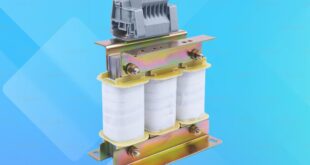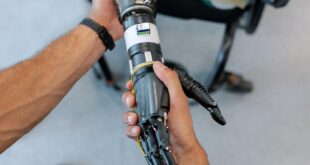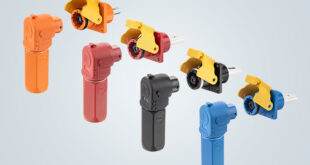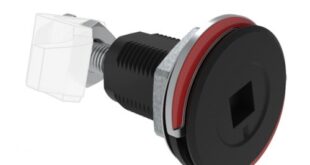Artificial intelligence (AI) is being applied across key industrial sectors, resulting in smarter factories and more efficient buildings, a new whitepaper from global communications agency Technical Associates Group (TAG) has revealed.
The use of AI is helping manufacturers make sense of the streams of data produced by Internet of Things-enabled systems, enabling them to spot problems with machinery before they lead to failure and downtime.
And AI is supporting the development of greener buildings, where self-regulating heating, ventilation and air conditioning systems (HVAC) respond to changing factors such as the number of people in a room, therefore maximising energy efficiency.
“AI will transform the industrial landscape, leading to even greater levels of digitalisation across a wide range of sectors,” says Lee Hibbert, Industry Analyst at TAG and the author of the whitepaper entitled March of the Machines: the use of artificial intelligence in the smarter factories and buildings of tomorrow.
“Already, major companies such as Siemens and GE are looking at how AI can be used to unlock the value from large volumes of digital data produced by sensor-based IoT technologies. This could result in leaner working and more reliable products.
“Meanwhile, AI is leading to the development of truly smart HVAC technologies, where computers respond to real-time variances such as room occupancy and changes in the weather, and make operating decisions accordingly.
“In the longer term, AI could even be applied across a wider network of intelligent infrastructure – such as traffic systems, energy, health services and law enforcement – delivering the truly smart cities of the future.”
Despite its potential, the complexity of AI can make it an impenetrable subject. The whitepaper attempts to demystify AI as a concept, highlighting several real-world applications across key industrial sectors and looking at how these advances are transforming traditional business models.
The whitepaper can be downloaded HERE.
 Engineer News Network The ultimate online news and information resource for today’s engineer
Engineer News Network The ultimate online news and information resource for today’s engineer



